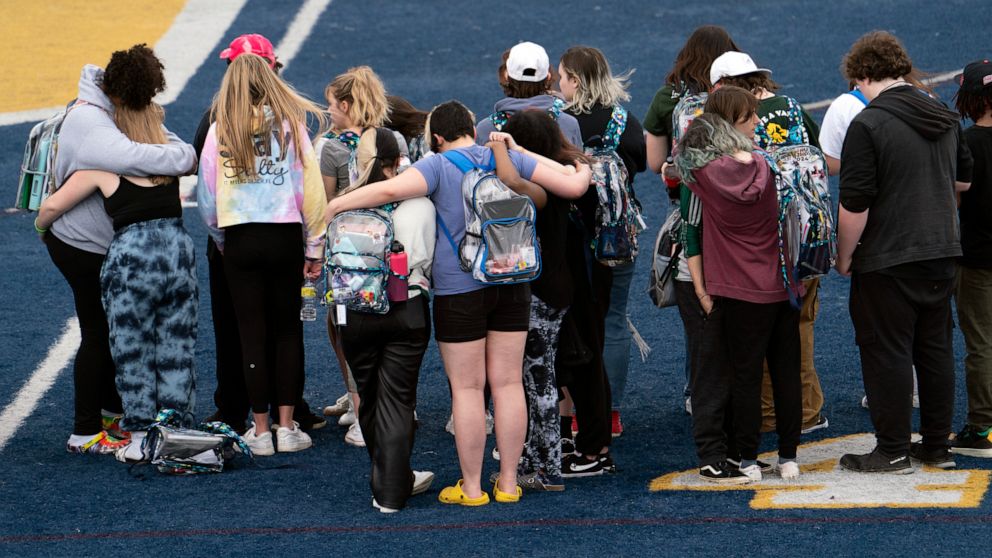Something I found on twitter, outlining actionable policies to prevent massacres:
The linked report is only 17 pages long and formatted like a listicle.
Point 3 I found interesting, regarding the profiles of the perpetrators:
“They were people who felt severely damaged, presumably to the point of shame — not for something they had done but for who they were,” Langman observes. “They responded to their sense of personal insignificance by seeking to make themselves powerful, famous, and/or heroes.”
Also:
"While most mass shooters do fall somewhere on the spectrum of mental illness, defined broadly, that’s merely a testament to how common mental illness is."
The linked report is only 17 pages long and formatted like a listicle.
Point 3 I found interesting, regarding the profiles of the perpetrators:
“They were people who felt severely damaged, presumably to the point of shame — not for something they had done but for who they were,” Langman observes. “They responded to their sense of personal insignificance by seeking to make themselves powerful, famous, and/or heroes.”
Also:
"While most mass shooters do fall somewhere on the spectrum of mental illness, defined broadly, that’s merely a testament to how common mental illness is."



